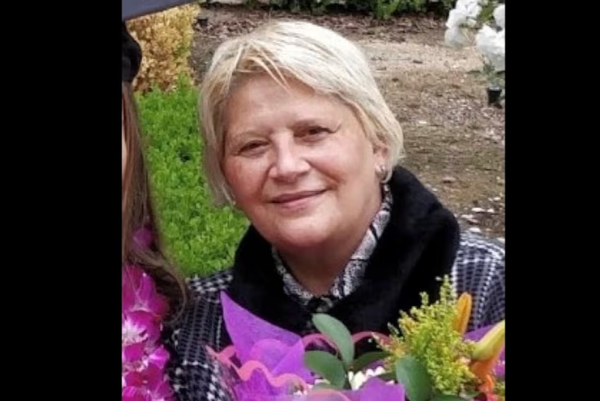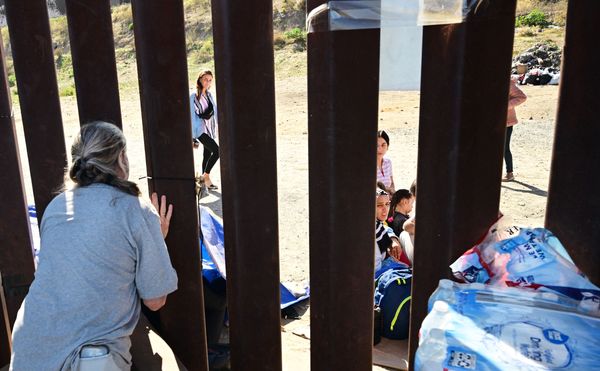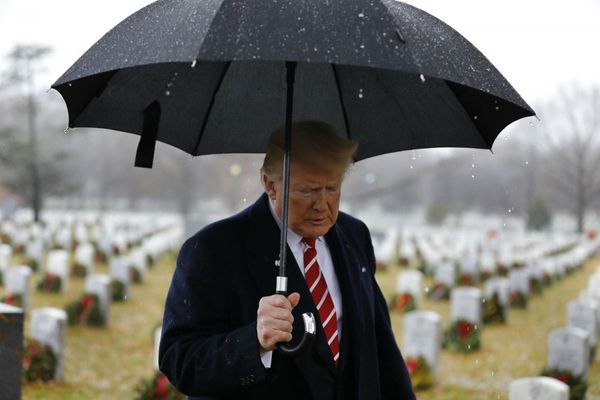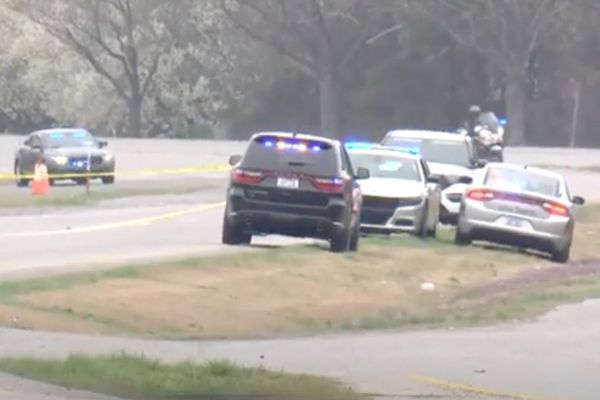
Kathy Hochul, the governor of New York, abruptly “postponed indefinitely” New York City’s controversial, first-in-the-nation congestion pricing plan on Wednesday, with sources citing concerns about the cost of living and economic recovery as well as implications for vulnerable Democrats in competitive US House races later this year.
Under the politically unpopular plan, which would have come in to effect later this month, passenger cars would have have been charged $15, small trucks $24, and large trucks $36 to enter Manhattan below 60th Street, and would have contributed as much as $15bn for New York’s public transport system and infrastructure improvements.
In a taped statement, Hochul said she was concerned the tolls would negatively affect the city’s post-pandemic recovery and that there would be “unintended consequences” if it went ahead.
If the tolls were implemented now, she said, economically-strapped commuters could return to working from home, leaving Manhattan offices, still with a 20% vacancy rate, even emptier.
“Circumstances have changed, and we must respond to the facts on the ground, not to the rhetoric from five years ago,” Hochul said.
The congestion-pricing plan had faced stiff opposition, with the neighboring state of New Jersey arguing in a court challenge that it was a violation of the US constitution, which prohibits states from enacting laws that discriminate against or unduly burden interstate commerce.
The scheme was also deeply unpopular with public-sector employers, taxi drivers, police, firefighters, farmers and delivery drivers, who were denied exemptions, while some were carved out for emergency vehicles, specialized city vehicles, and buses with regular public routes or city school contracts.
Hochul is expected to address the issue at a news conference later on Wednesday, but the suspension is likely to come as a political embarrassment – number plate readers had already been set up across entries to the restricted zone. Other cities, including London, have seen a political backlash over similar toll-expansion schemes.
Eric Adams said he agreed with Hochul’s decision because “we have to get it right” and that he is “all for” looking at other options to generate revenue without impinging on people’s lives.
“We have to get it right,” the New York mayor said. “We have to make sure it’s not an undue burden on everyday New Yorkers and we have to make sure it’s not going to impact our recovery. If she’s looking at analyzing other ways we can do it, I’m all for it.”
The suspension of the plan was attacked by public transport advocacy groups.
“The next time your train is late, your bus is trapped in traffic, your subway station is still missing an elevator, you know who to blame: Governor Kathy Hochul,” Transportation Alternatives said in a statement.
“Transit riders are the majority of New Yorkers – and certainly the majority of New Yorkers of color, low-income New Yorkers, disabled New Yorkers, New Yorkers with children – and today Kathy Hochul sided with powerful special interests instead – just days before this program was slated to go into effect.”
Riders Alliance, an organization of subway and bus riders in NYC, said it was organizing “emergency action” outside Hochul’s Manhattan office to “to make sure she knows the true political threat isn’t charging suburban drivers to enter Manhattan, it’s defunding transit improvements for millions of New Yorkers!”
The latest move is also sure to upset climate advocates, who pointed to the congestion pricing effort as a catalyst for reduced carbon emissions and air pollution.
A 2023 environmental assessment by the MTA noted that congestion pricing could decrease air pollution overall across Manhattan, Brooklyn and Queens. Though, as the New York Times noted last month, rerouted traffic could increase air pollution in both the Bronx and on Staten Island.
Jonas Eliasson, a director at the Swedish Transport Administration, told the Times that air pollution in Stockholm, Sweden, had declined since congestion pricing was introduced 18 years ago and that the improved air quality in the city was tied to the stringent rules for trucks and cars.







